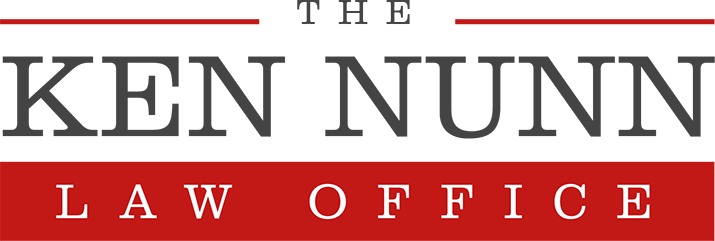
Have you been injured at work? Is your employer or the workers’ compensation insurance carrier telling you that your work injury is not covered by workers’ compensation? If so, you need to know that your employer and its insurance company do not have the final say whether a work injury is covered by workers’ comp. You have rights under Indiana’s workers’ compensation laws. It is important that you contact our workers’ compensation lawyer as soon as possible for a free consultation. We may be able to help you receive benefits for your workplace injury.
What is Workers’ Compensation?
Workers’ compensation is a system that provides injured workers with benefits such as paying for medical treatments and providing financial assistance if the employee is out of work. The system protects injured workers by providing the necessary medical care they need when they are injured at work, even if it is partially the employee’s fault he or she was injured. Workers’ compensation insurance also protects employers from being sued by employees for on-the-job injuries. However, in some very specific cases, an employee is permitted to sue an employer (i.e. if the employer intentionally caused the employee to be injured).
Injuries Covered By Workers’ Compensation
With very few exceptions, most injuries that occur at work are covered by workers’ compensation. As discussed above, this is the case even if the employee is to blame for the accident that caused the employee to be injured. However, if the employee’s injury was due to the misconduct of the employee, the injury may not be covered. For example, if the employee came to work intoxicated or the employee was engaged in horseplay that is strictly forbidden by the employer. Examples of injuries covered by workers’ comp include broken bones, burns, back injuries, neck injuries, head trauma, and amputation.
Illnesses developed as a result of the work environment are also covered by workers’ comp. For example, an employee who develops respiratory problems due to chemicals used in his job may be covered by workers’ comp. Other examples of occupational illnesses covered by workers’ comp include cancer and hernias. Repetitive motion injuries, such as carpal tunnel syndrome, tendonitis, and shin splints, are also covered by workers’ compensation insurance.
What is a Work-Related Injury?
An injury must be “work-related” to be covered by workers’ comp. The factor used to determine if an injury is covered by workers’ compensation is whether the injury occurred during the normal course of employment. The normal course of employment is defined as duties or tasks that the employee is expected to complete as part of his or her job.
For example, an employee who has a traffic accident while taking mail to the post office for his employer would be covered by workers’ comp. However, an employee injured in a traffic accident during his lunch hour would not be covered by workers’ comp. The scope of what is considered a “work-related” injury has expanded in recent years. If you are injured at work, it is in your best interest to report the injury to your employer and consult with a workers’ compensation lawyer to determine if your injury is covered by workers’ compensation insurance.
What Happens If Someone Is Killed at Work?
Work-related deaths are also covered by workers’ comp. The employee’s dependents are entitled to certain benefits under Indiana’s workers’ compensation laws. Because a work-related death claim can be complex, you may want to consult with our workers’ compensation lawyer to ensure you receive all of the benefits you are entitled to receive as a result of the death of your loved one.
Do You Need a Workers’ Compensation Lawyer?
If you have been injured at work, you may need a workers’ compensation lawyer to protect your right to recover all of the benefits you are entitled to receive under Indiana’s workers’ comp statutes. If you have more questions or if you feel you are being treated unfairly by your employer and/or its insurance company, contact The Ken Nunn Law Office at 1-800-CALL-KEN or 1-800-225-5536 for a free legal consultation.







